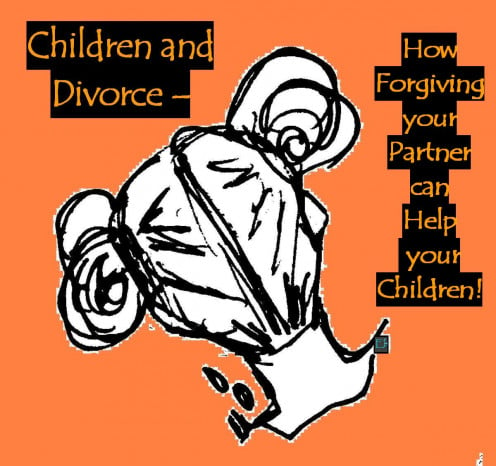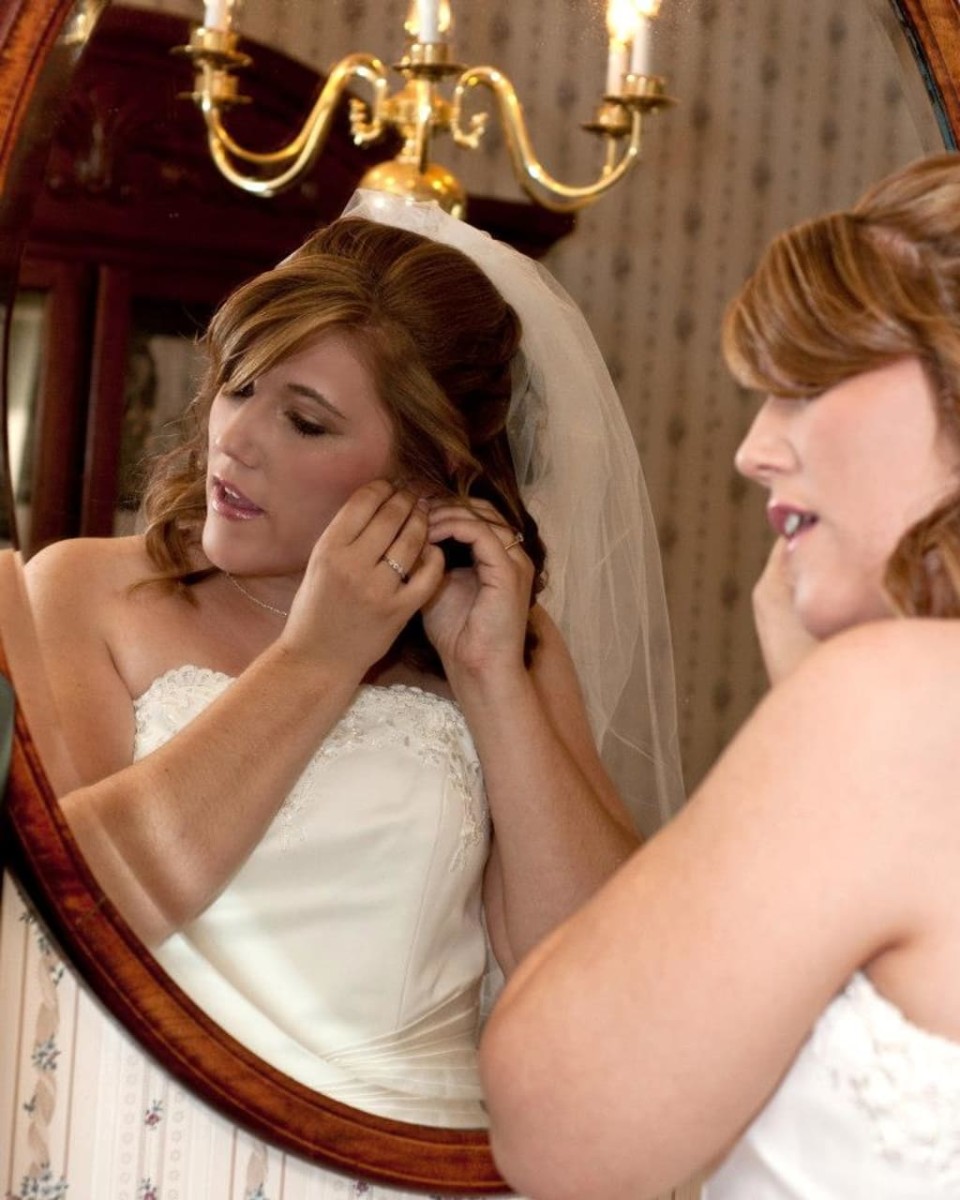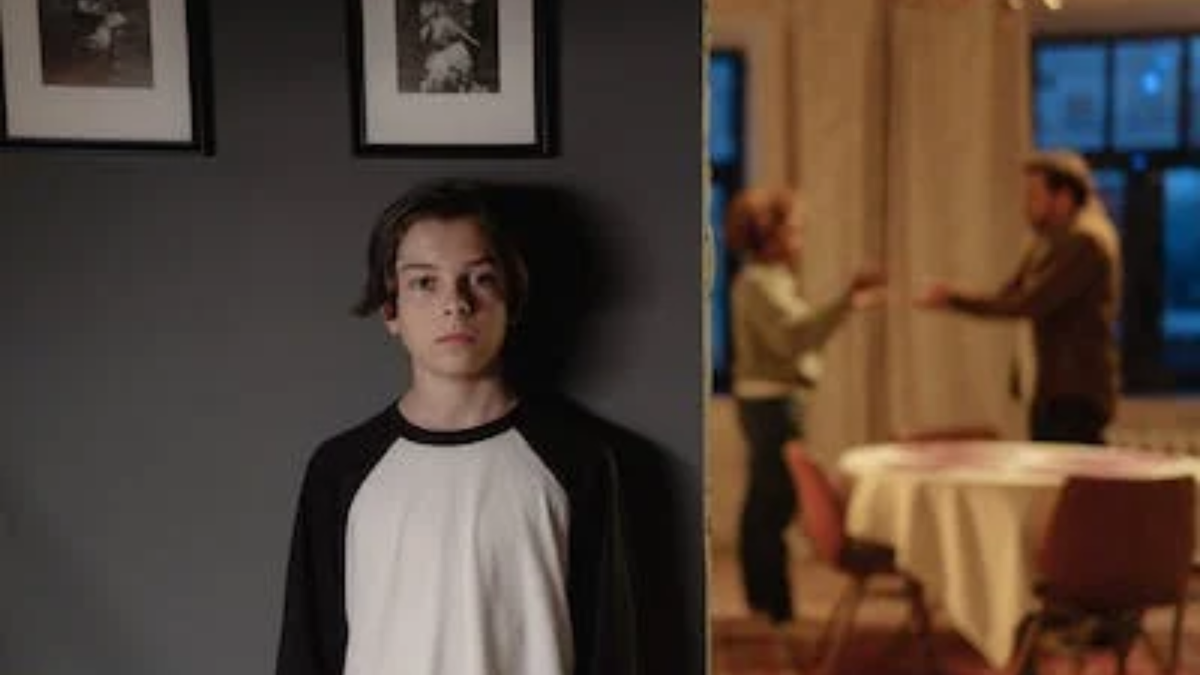Children and Divorced/Separated Parents - Imagine the effect on your Children and how they might feel

© copyright 2012 Ebonny
In order to put a child's feelings and needs first, it’s crucial for warring, divorced or separated parents to recognise that they need to let their love for their child take PRIORITY over dislike or hatred of their partner/ex-partner.
Imagine how children of divorced, separated or warring parents might feel
- to have parents who are both not speaking to one another, or where one is giving the other the silent treatment
- to have one parent talking negatively about the other parent (whom they love) in front of them
- to have their mother/father enthusiastically encouraging others to talk negatively about the other parent in front of him
- to secretly fret or feel guilty that they are the cause of their parents’ relationship breaking down
- to see parents arguing/fighting in front of them
- to have a parent prevented from seeing them, or threatened from preventing from seeing them
- to have no idea of when they will be seeing the non resident parent or to be expecting to see the parent and being let down, not knowing or understanding why
- to not have a secure routine, or the stability of a balanced home life with parental support and love from both parents whether separated or not
- to feel like they have to take sides or choose one parent over the other
- to feel they might be a burden to the parent who doesn't live them if that parent stays away a lot, even though this parent may not view them as a burden at all
- to feel they might be a nuisance to the parent they live with when they eventually realise what a struggle it can be for that resident parent to find childcare and/or to make ends meet, even though this resident parent does not view the child as a nuisance at all
- to have two parents who are so wrapped up in their own pain, their own need for vengeance against each other or their own stubbornness, that they completely lose sight of what they’re doing to the child’s emotional well being
Recommended Reading on this topic
Click here for reviews of JoAnne Pedro-Carroll’s book Putting Children First: Proven Parenting Strategies for Helping Children Thrive Through Divorce. This book is rated 4.8 out of 5 stars as at March 2014.
If you want to help your children adjust to spending time with you and with your ex-partner, Two Homes by Claire Masurel (Author) , Kady MacDonald Denton (Illustrator) the reviews indicate that this book is well worth considering (overall rated 4.7 out of 5 stars as at March 2014.
The unhealthy/negative effects of parental conflict on children
When parents constantly fight, separate and/or divorce, it can be life changing for the family and one aim should be to minimise potential emotional/psychological and physical problems in the children. Such anxiety can result in a child reverting to more baby like behaviour (e.g. bedwetting) becoming more clingy, moody, anxious, lacking in confidence, angry, disobedient, loss of appetite, comfort eating, self-harming ...
.

Divorce and Children
Considering the long term effects of divorce and separation on children
Parents should aim to be in a position to feel proud of the actions and decisions taken whilst their children are growing up so that when the child is older and starts asking questions there will be little or no need for the parent to feel uncomfortable and want to change the subject, refuse to answer, be vague or lie. There’s no such thing as a perfect parent but we can all strive to be “good enough” parents to the best of our ability.
When parental bonds are broken, parents often need to seek outside advice or help. Advice could be sought from parenting organisations/helplines or support groups, rather than family or friends, if parents feel that those closer to them might be judgmental, or where they simply want to keep certain issues private. Always remember that it is a strength, not a weakness, to know when to seek advice or assistance in exploring alternative ways of dealing with situations, although of course the final choice of what to do is up to the parent.
Far too many children lose touch with a parent (usually the father) following separation or divorce. This might be because the parent with custody decided to cuts off all links as they conclude they are better off on their own, viewing the other parent as uncooperative and/or useless.
Alternatively the non-resident parent may feel their efforts are not appreciated or that the other parent has intentionally put obstacles in the way and decides to withdraw from the child’s life. Sometime it is not a conscious decision to withdraw from the child but they gradually see the child less and less frequently until the link and bond is lost. Whatever the reason, at some point a child will get curious about the absent parent and want answers from both parents as to what went on and why.
Although it’s natural to feel overwhelmed with stress and your own pain when you are in the midst of relationship conflict, separation or divorce, it is vital to the emotional security of your child or children to make time to put yourself in their shoes and imagine things from their perspective. Giving your children "age appropriate" information about why things are changing can help them feel more secure.
Children are vulnerable beings but they are also very resilient. With careful thought and consistent effort on the part of their parents, children can withstand much of the negative fallout that often results from their parents being in conflict. Do make a conscious effort to think positively about your situation and, even if you feel that you are the only parent putting the child's feelings and needs first, you can still be the "bigger person", do the right thing by your child and hold your head up high.
Do you have any advice for parents on this issue?
Your comments and experiences may help other warring, separated or divorces parents. You are welcome to comment below.
FURHER READING - Find out how forgiving your ex-partner can help both you and your children.
Important:
Whereas many parents view it as a responsibility and a duty to their children to help them keep in contact with a non-resident parent, in circumstances where there has been physical and/or sexual abuse, or extreme emotional abuse, professional advice should be obtained rather than reliance upon the general advice given above.
.
- Children and Divorce / Warring Parents - How Forgivi...
Forgiving your partner sets YOU free from resentment and anger – and your children will be happier for having a more contented positive parent. - Children and Divorce: Helping your kids cope with the effects of separation and divorce
Divorce is tough on kids. Here’s what you can do to help them cope. - Children and Divorce -- How Are Children Affected After Their Parents Are Divorced?
© 2012 Ebonny










